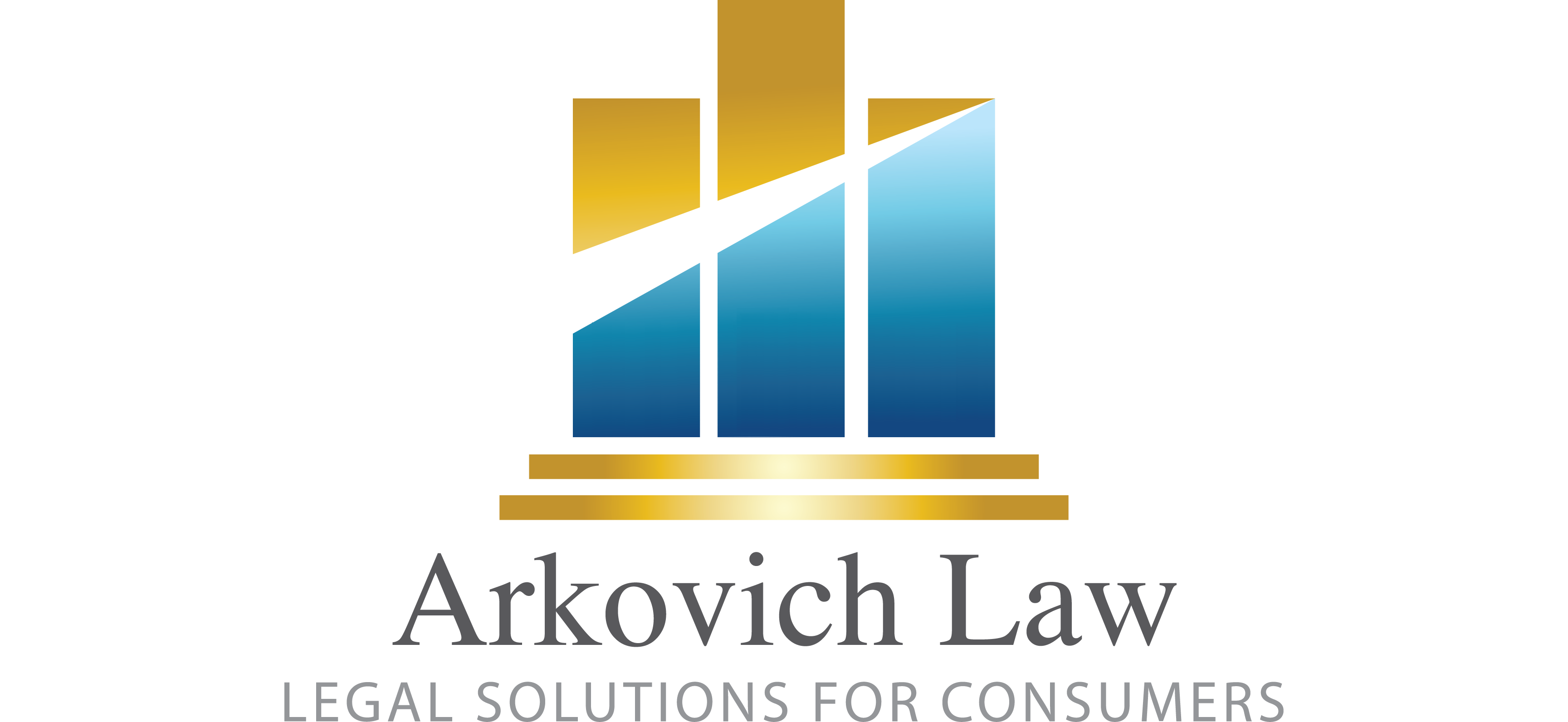 The debt limits of a Chapter 13 bankruptcy are dropping considerably tomorrow, June 21, 2024. The Bankruptcy Courts are reverting back to a two part test that limits eligibility to a maximum of $465,275 for unsecured debt and $1,395,875 for secured debt. Importantly, there is no talk of an extension for this federal mandate.
The debt limits of a Chapter 13 bankruptcy are dropping considerably tomorrow, June 21, 2024. The Bankruptcy Courts are reverting back to a two part test that limits eligibility to a maximum of $465,275 for unsecured debt and $1,395,875 for secured debt. Importantly, there is no talk of an extension for this federal mandate.
What will this mean? Well, many with high debt will be forced into a much more expensive Chapter 11 bankruptcy if they cannot swing a Chapter 7. Also, there will be a few who are presently in a Chapter 13 bankruptcy who do not want to dismiss because their high debt would prevent them from re-filing. And having too high of debt is not an automatic qualifier for a Chapter 7. Instead, in Florida like elsewhere, we look at someone’s actual income and expenses and determine if they are eligible. Filing a Chapter 7 is most beneficial as there is no plan payment but it can be risky in that there is no automatic stay for co-borrowers, no automatic right to dismiss and you can lose non-exempt assets to the bankruptcy trustee. Many other differences also exist.
It’s important to have an experienced bankruptcy attorney on your side. We’ve been filing cases for years. If you’d like to know what your particular situation would look like, please reach out to us. We have a free consultation – we charge for those with student loans as those are much more difficult cases – but it’s still free for others.
 Reboot Your Life: Tampa Student Loan and Bankruptcy Attorney Blog
Reboot Your Life: Tampa Student Loan and Bankruptcy Attorney Blog



